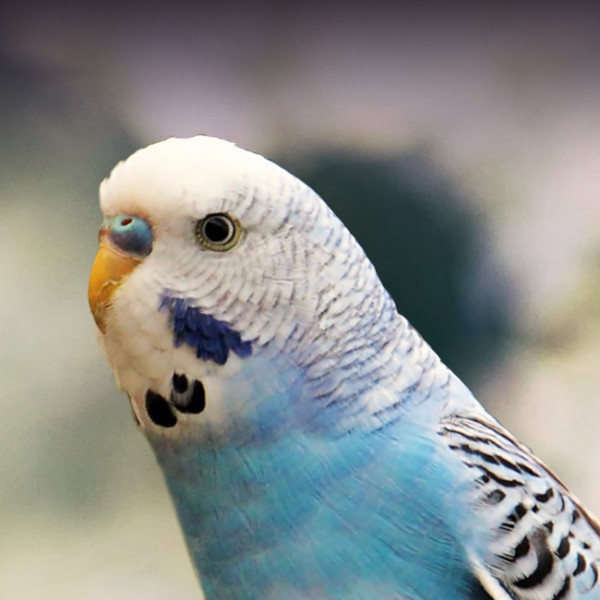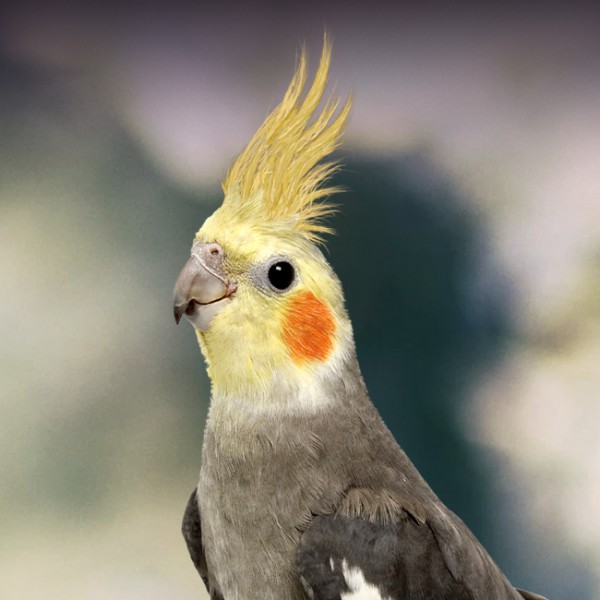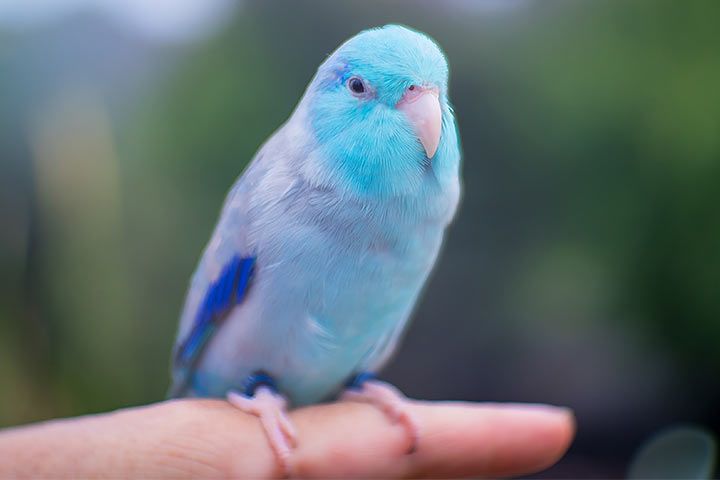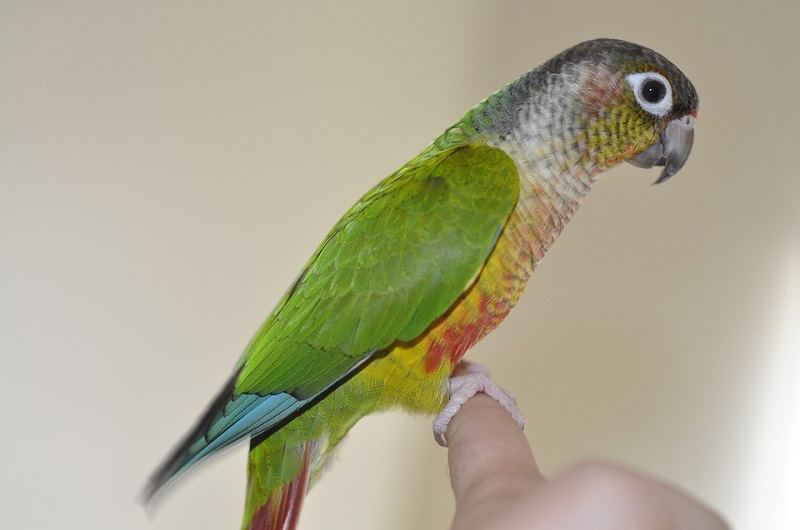Many people desire a pet bird that is kind, gentle, and well-suited to being a companion, which is understandable. These qualities are especially more essential for individuals who have never had a pet bird before. It’s far simpler to connect with and care for an animal that is naturally friendly than one that is shy or hostile. The following are some of the friendliest pet bird species that make great companions.
Budgerigar

Budgies (also known as parakeets) are among the most popular pet birds in the world, and with good reason. These birds may be very sociable and affectionate if properly tamed and cared for. Budgies, in addition to being tiny and low-maintenance, respond well to teaching and may learn a variety of entertaining bird skills, including talking.
Cockatiel

Anyone looking for a pleasant and loving pet bird might choose the fascinating cockatiel. Hand-fed as infants and reared in happy surroundings, these Australian birds make wonderful pets. Cockatiels are very clever, despite the fact that they do not usually learn to speak. Many people can whistle and imitate typical home sounds like doorbells, telephones, and microwaves.
Cockatoo

A cockatoo is a wonderful option if you want a big pet bird that is sociable and loving. These lovely birds form deep bonds with their keepers and want to spend as much time with them as possible. It is critical that you devote sufficient time to interacting with your bird. If they aren’t given enough attention, cockatoos may get unhappy and turn to feather plucking or other harmful habits.
Hyacinth Macaw

Hyacinth macaws, often known as “gentle giants,” are the biggest of all parrots. And, being social and loving birds, they like spending time with their owners, playing and snuggling. Because of their size, most people find it difficult to provide enough shelter for these birds. Those that are able to fulfil their requirements, on the other hand, are rewarded with a fantastic connection with their feathery companion.
Dove

Although you may not think of a dove as a pleasant pet bird, hand-fed domesticated doves are renowned to be very lovely and kind. Doves are seldom aggressive, and even individuals with little bird expertise may easily teach and connect with them. They love the company of their caregivers but are generally not too demanding.
Parrotlet

Parrotlets are renowned for having personalities that are considerably bigger than their little bodies. They are sassy and relatively simple to care for. Those thinking about getting parrotlets should make sure they have lots of time to play and interact with them, since these birds may become a bit wild if they aren’t handled often. People who engage with their parrotlets on a daily basis, on the other hand, are more likely to develop deep connections with these amusing little birds.
Green-Cheeked Conure

Green-cheeked conures are native to South America and like spending time with their keepers. They are clever, lively, and little naughty birds by nature. They are, however, calmer and more laid-back than other conure species. They don’t typically learn to speak, but their endearing personalities are enough to make them fascinating and engaging company.
Hahn’s Macaw

Hahn’s macaws are the tiniest macaws and are also endemic to South America. They do, however, cram a lot of personality into their little bodies. They are clever and lively birds who, when properly trained and handled, tend to be kind. These macaws like to connect with their caregivers as much as possible, and they may get sad if they are neglected. They may also be very loud, but some do learn to communicate effectively.


















